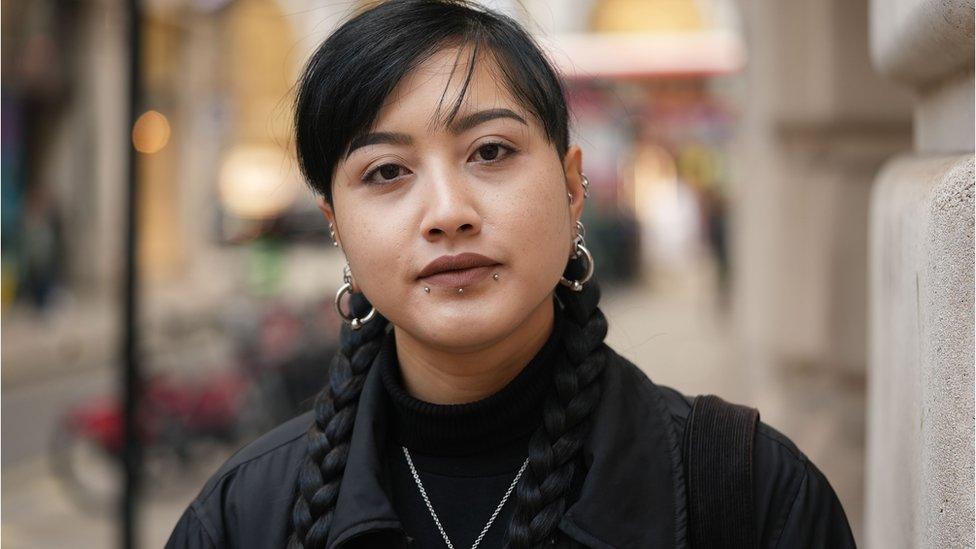Women should get NHS menopause checks at 40 - MPs
- Published
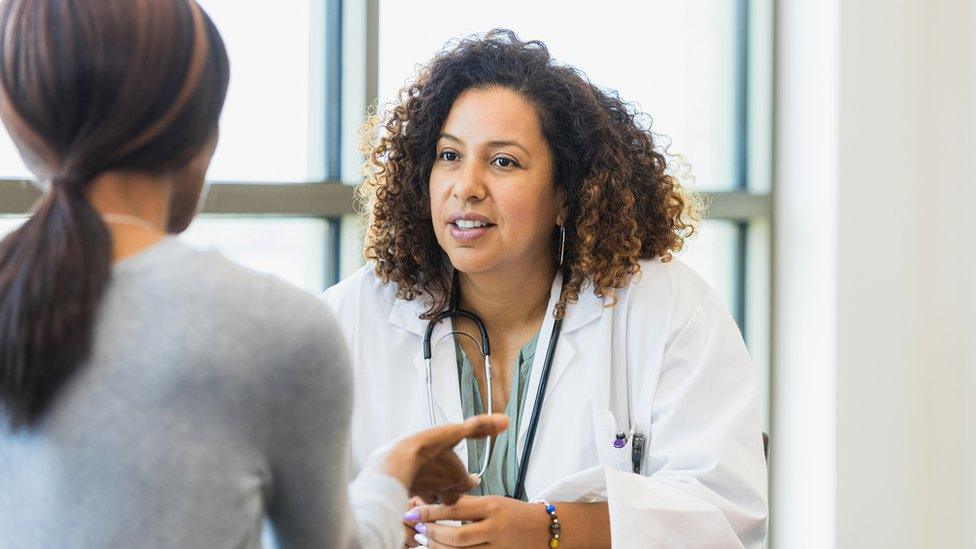
Women should be offered "menopause checks" by GPs after turning 40, campaigners and MPs have said.
The Menopause All-Party Parliamentary Group said this should be included in the NHS Health Check offered every five years to those aged between 40 and 74.
MPs said a lot of women over 40 go to their GP with symptoms, unaware they are experiencing the menopause.
Campaigner Mariella Frostrup said it was "ludicrous" that menopause information was not part of the check.
The free NHS Health Check, external looks for conditions such as heart disease and diabetes.
Ms Frostrup, chairwoman of the Menopause Mandate campaign, told BBC Breakfast it should include information and support about the menopause.
"It seems utterly ludicrous you go to this health check as a woman in your early 40s, which is exactly when perimenopause starts for most women, and the one thing you don't find out about is the one thing that you will absolutely 100% be experiencing over the subsequent decade," the author and journalist said.
Ms Frostrup added that a survey of more than 2,000 women conducted for the campaign found the majority had self-diagnosed their menopause, with only 12% getting a diagnosis from a health professional.
"Surely that's not good enough in the 21st Century," she said.
The Menopause All-Party Parliamentary Group said doctors often failed to recognise the symptoms.
More needed to be done to ensure medical professionals feel "equipped and empowered" to prescribe all types of hormone replacement therapy (HRT) - a treatment that helps alleviate the symptoms of the menopause, the group said.
Labour MP Carolyn Harris, the group's chairwoman, said: "We still have many hurdles to tackle to ensure women suffering through menopause get the support they deserve.
"Day in, day out I hear stories from women who can't get a diagnosis from their GP, who can't get HRT due to a lack of supply, who have left their jobs due to a lack of support, or who simply don't know where to turn for help."

What is the menopause?
The menopause is when women's periods stop, which normally happens around the age of 51. Symptoms normally start in the mid-40s.
This signals the end of the reproductive years and the start of a new phase of life.
The lead-up to this happening, when periods become irregular, is known as the perimenopause. It starts, on average, at 46.
Menopause: Busting the most common myths
This is when many women notice their periods becoming unpredictable or heavy, and have feelings or physical problems they have not experienced before.
When periods have not happened for 12 months, you can look back and say you have been through the menopause (the last period).
For some, it can happen earlier - either naturally, or after treatment for another condition.

It comes as research from the UC San Diego School of Medicine, published by the International Menopause Society, highlights that women going through the menopause are at increased risk of cardiovascular disease.
Dr Sonya Babu-Narayan, associate medical director of the British Heart Foundation, said: "Changes to a woman's body during menopause, such as fallen oestrogen levels, are linked with a higher risk of developing cardiovascular disease.
"After the menopause, the chance of a woman having a heart attack is drastically increased.
"All too often, women don't prioritise their own health. As we women approach menopause, it is a perfect opportunity to reassess our risks of future cardiovascular disease and to take steps to protect our hearts."
She said preventative action included not smoking, exercising regularly, eating a healthy diet and maintaining a healthy weight.
Related topics
- Published7 November 2024
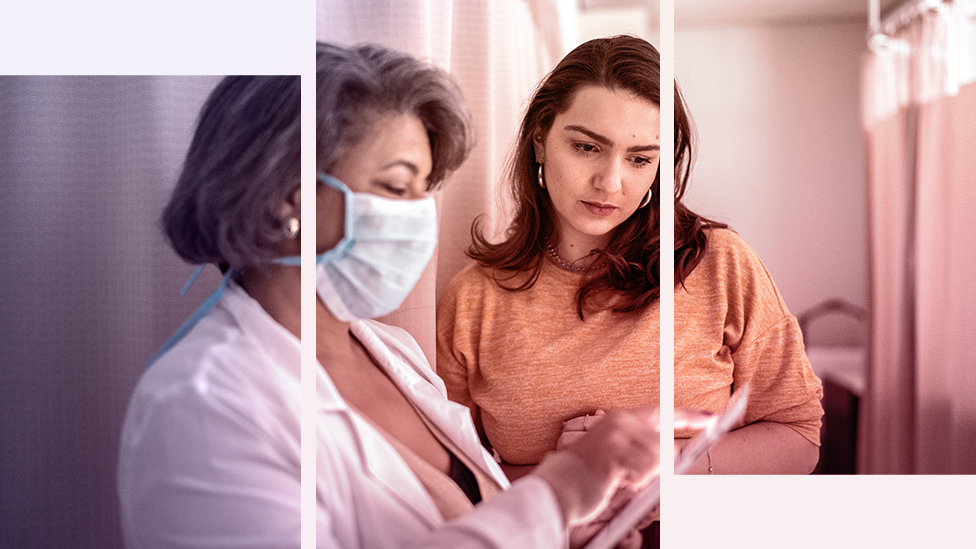
- Published7 November 2024
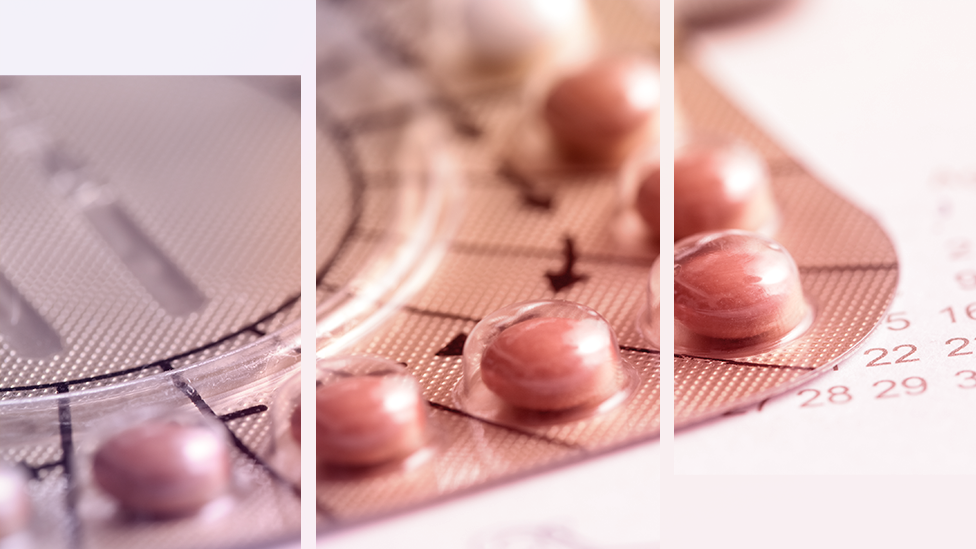
- Published24 January 2023
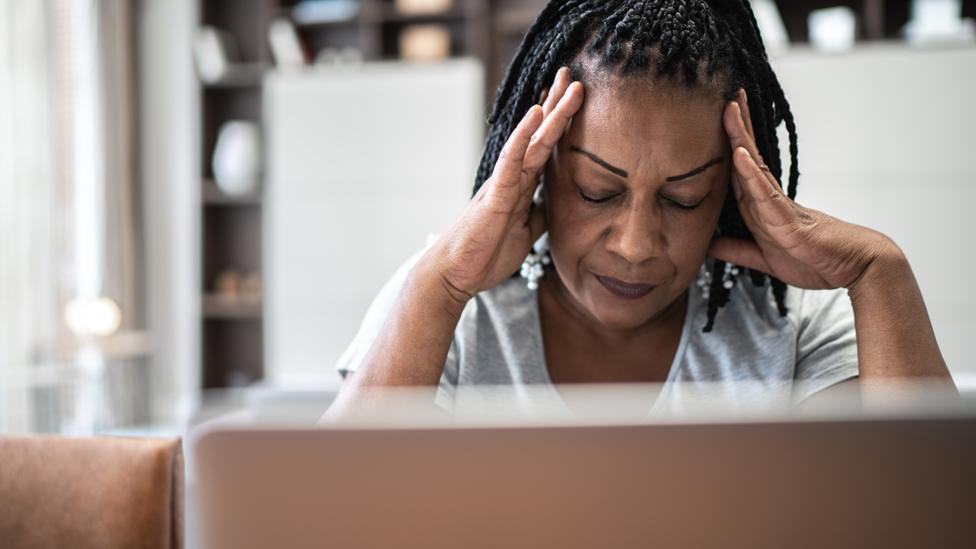
- Published28 December 2022
